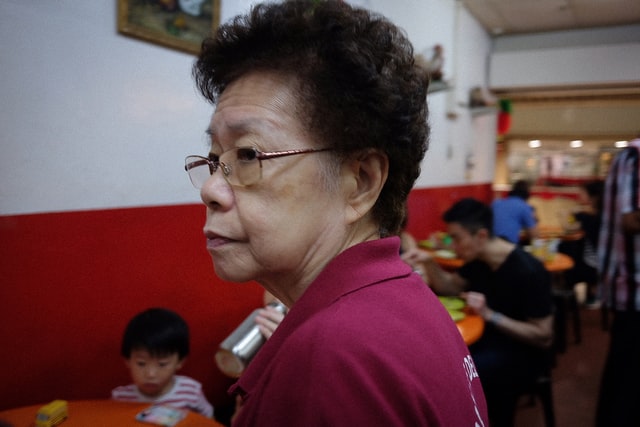-
Advocacy Theme
-
Tags
- Abortion
- Adoption
- Caregiving
- CEDAW
- Disability
- Domestic Violence
- Domestic Workers
- Harassment
- Healthcare
- Housing
- International/Regional Work
- Maintenance
- Media
- Migrant Spouses
- Migrant Workers
- Muslim Law
- National budget
- Parental Leave
- Parenthood
- Polygamy
- Population
- Race and religion
- Sexual Violence
- Sexuality Education
- Single Parents
- Social Support
- Sterilisation
- Women's Charter
More insight needed on low-wage and self-employed workers
March 12th, 2021 | Letters and op-eds, News, Poverty and Inequality
This letter was originally published in The Straits Times on 12 March 2021.
We hope that the Government will continue to engage with low-wage workers in Singapore, including workers with no formal contracts or employee benefits (Better support for gig workers to be looked into, says DPM Heng, Feb 24).
Low-wage earners and their households were greatly affected by Covid-19. They were already in precarious positions even before the pandemic.
The Association of Women for Action and Research (Aware) knows of many individuals who have not applied for the Self-Employed Person Income Relief Scheme (Sirs) or declared themselves to the Central Provident Fund Board or Inland Revenue Authority of Singapore as self-employed, because they earn less than $22,000 (beyond this amount, a person must pay tax), or simply do not think of their work as “self-employed work”.
We applaud the Jobs Support Scheme and its impact on many households, and hope that it can be extended to more workers.
Part-time workers, casual workers and other low-wage workers can be further engaged so that more support can be extended to them for the sake of their employment.
More information on the reasons behind these workers’ application outcomes would lend valuable insight into groups of low-wage workers that do not fit into schemes’ eligibility criteria, so that they may be better integrated into the social safety net in future.
More research could also be conducted, and feedback solicited from the public and social service organisations and agencies on these topics.
We hope that the Government can build its knowledge about the profiles and needs of the self-employed persons it has recently identified.
That way, the community can be more prepared with targeted support during the next crisis.
Elizabeth Quek
Programme Manager, Support, Housing and Enablement (S.H.E.) Project, AWARE




